A healthy diet is the core requirement for a healthy body. It helps keep our bodies fit as a fiddle and fight infections. Knowing a little bit more about the food we eat, helps us take better care of it.
Get a Good Dose of Antioxidants
Maintaining a good supply of antioxidants is one of the most important things that we can do to boost our immunity. Antioxidants fight free radicals that not only cause diseases such as cancer, arthritis and atherosclerosis but also weaken our immune system.
The important antioxidant Vitamins are Vitamin C, Vitamin E, and Beta-carotene. Key antioxidant minerals are selenium and zinc.
विटामिन सी:
Fruits like guavas, papayas, oranges and melons are a good sources of Vitamin C. Indian gooseberry (amla), broccoli and brussel sprouts are rich in Vitamin C.
Vitamin E:
Cooking oils like sunflower oil and safflower oil are rich in Vitamin E. Adding dry roasted almonds, peanuts, olive oil, broccoli, carrots, mangoes, papaya, pumpkin, red peppers and spinach to your diet helps boost Vitamin E.
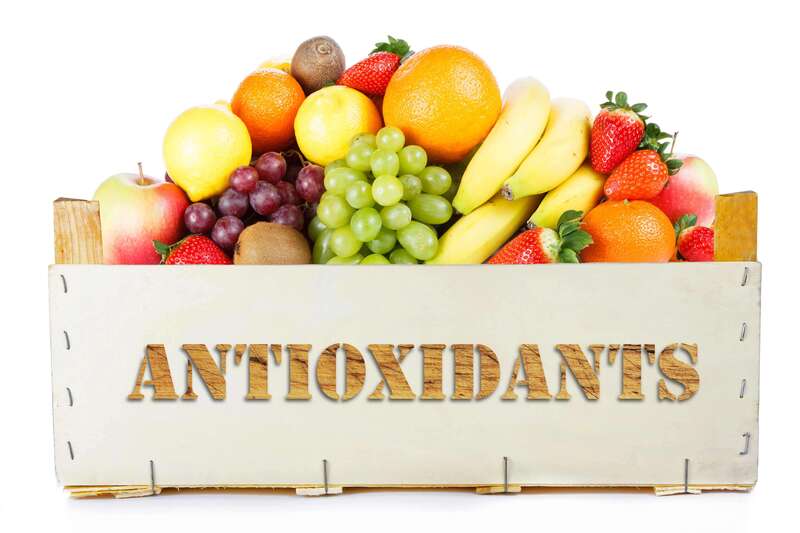
बीटा कैरोटीन:
Beta carotenes are precursors of Vitamin A. They are found in abundance in dark green leafy vegetables, yellow-orange vegetables and fruits.
जिंक:
As many as 100 enzymes in our body need zinc to work. Oysters are the richest known source of zinc. Yoghurt, cheese, chickpeas, kidney beans, peas, milk, almonds and cashew nuts also add good quantities of zinc to our diet.
Selenium:
A good amount of selenium is present in rice, wheat, chicken and eggs. If we eat a well-balanced wholesome meal, our body will get the selenium that it needs. Tuna is a particularly rich source of selenium, with as much as 63 micrograms per 100g.
Our parents always told us the importance of consuming proteins with our diet when we were children. Proteins are still just as important to our bodies when we grow up too.
Proteins are the building blocks of all cells and that includes those of our immune system. If our body doesn’t get a good supply of proteins, it will not be capable to making adequate white blood cells to fight infections.
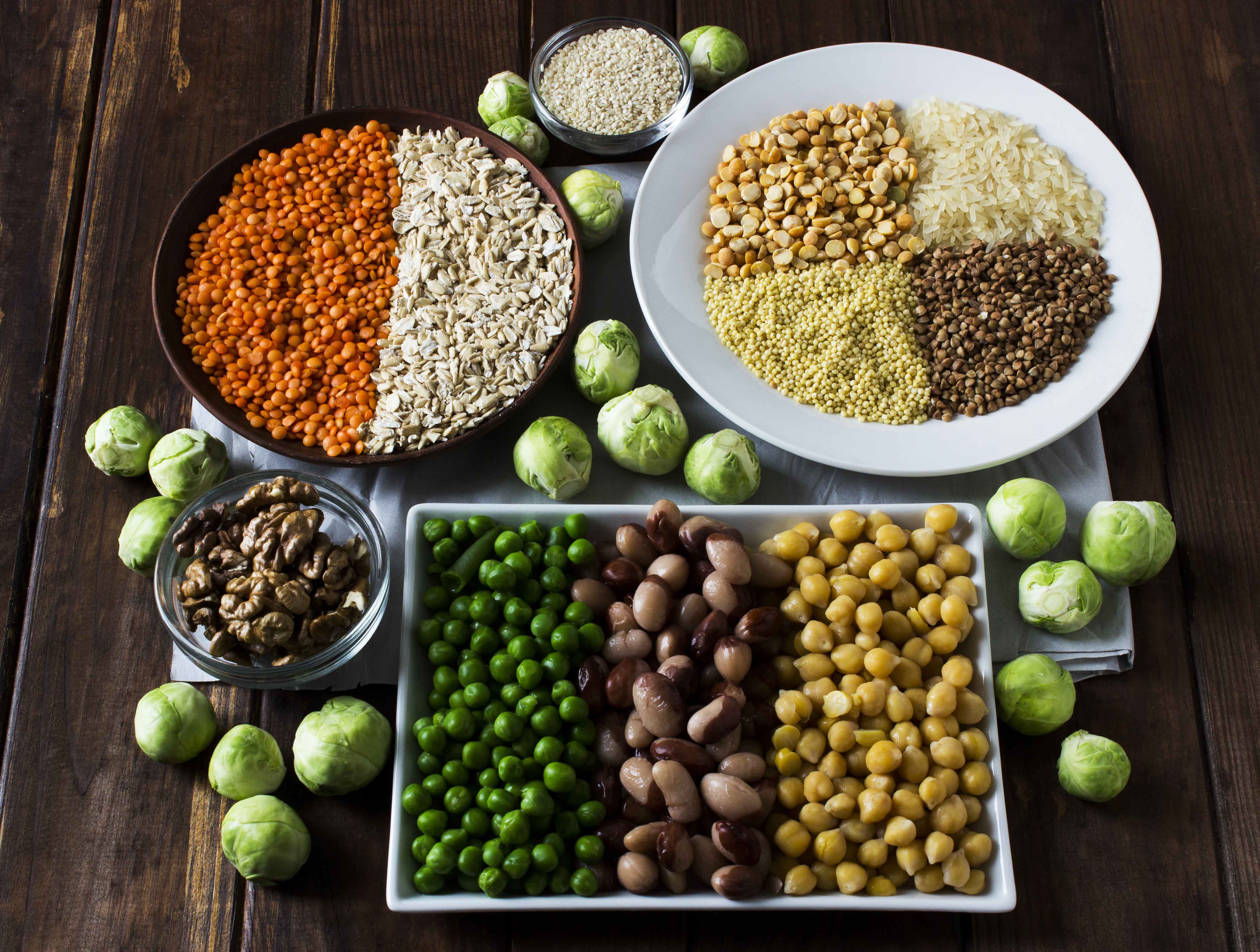
Adults need 1g of protein per kilogram of their body weight per day. For adults, protein sources need to be carefully selected so that we do not end up consuming too much fat along with it. The solution is to opt for lean proteins such as fish, seafood, poultry (without skin), egg whites, lentils, beans and soy products.
Add a Portion of Yoghurt
Yoghurt contains bacteria that stimulate the immune cells. In a study done in Austria, women who consumed yoghurt regularly had an increased count of T-lymphocytes. Therefore, it may be a very healthy choice to round off a meal with some yoghurt rather than ice cream or other sugary desserts.
Get Some Garlic
Garlic works as an important immune booster due to the presence of compounds called Allicin and Alliin in them.
इसे थोड़ा और मजेदार बनाएं
Ginger, turmeric, cinnamon and chillies not only add flavour and aroma to food but also work against infections. The cold-fighting properties of these spices have been harnessed by traditional medicine practitioners for centuries now. Go for fresh home-made food with a good dose of these spices rather than processed and canned food with artificial flavours.
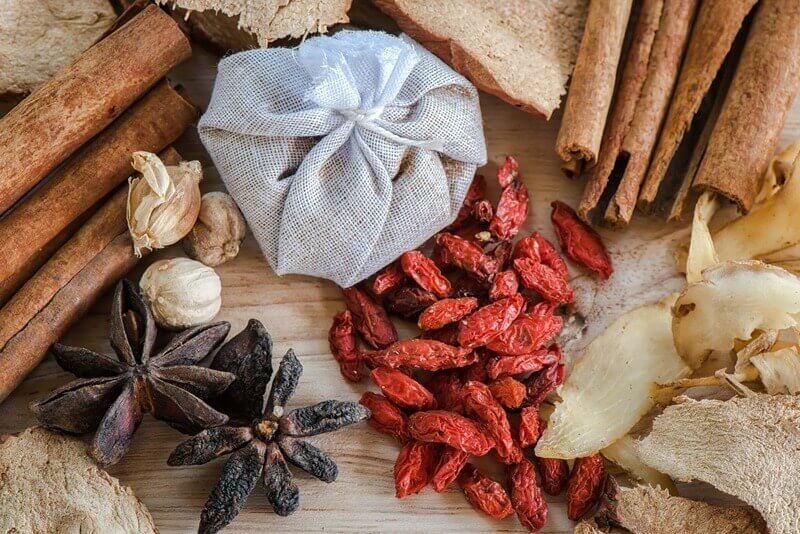
Cut the Saturated Fat
Other than the damage they do to our blood vessels and heart, here is one more reason why we should say ‘no’ to food containing saturated fats. Trans-fats induce a state of low-grade inflammation in our body. Therefore, our immune cells have to work harder to fight such inflammation.
When we are trying to protect ourselves from the flu or other infections, we do not want our immune system to be doing something else. We can technically reduce their workload and give them more time to fight infections by controlling our saturated fat intake.
Supplement with a Multivitamin
It may make sense to take a multivitamin to boost immunity, particularly if we have not been a long-term healthy eater. Take a multivitamin that includes Vitamin B, Vitamin A, C, E, Selenium and Zinc. Deficiency of these vitamins can occur without any overt sign or symptom. However, do remember that multivitamins are a supplement and not a substitute for a healthy diet. Besides, an overdose of Vitamins E and A is known to have adverse effects, so check with the family physician about what supplement is to be taken and for how long.
Powered by Healthcaremagic.com





 1800-270-7000
1800-270-7000


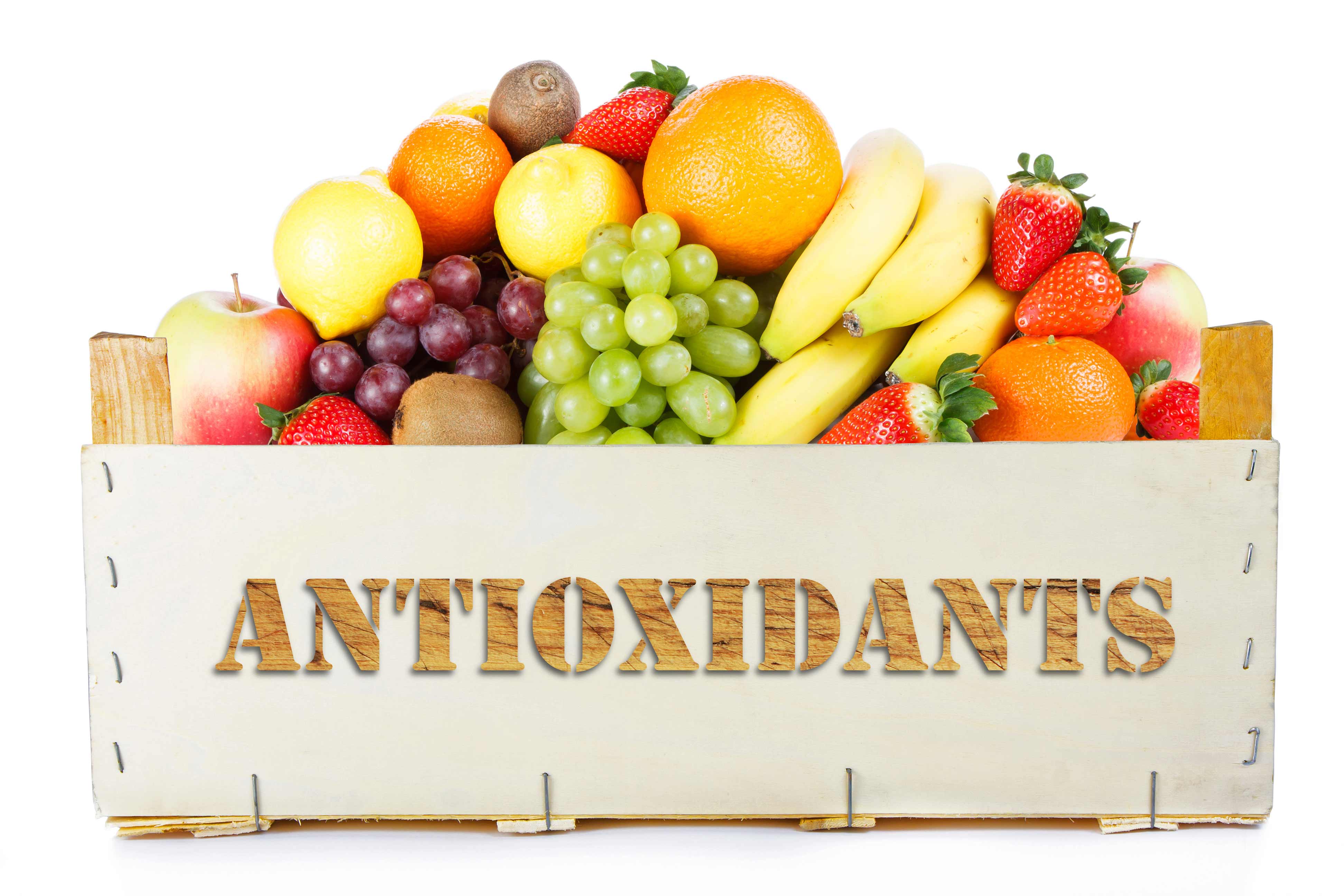
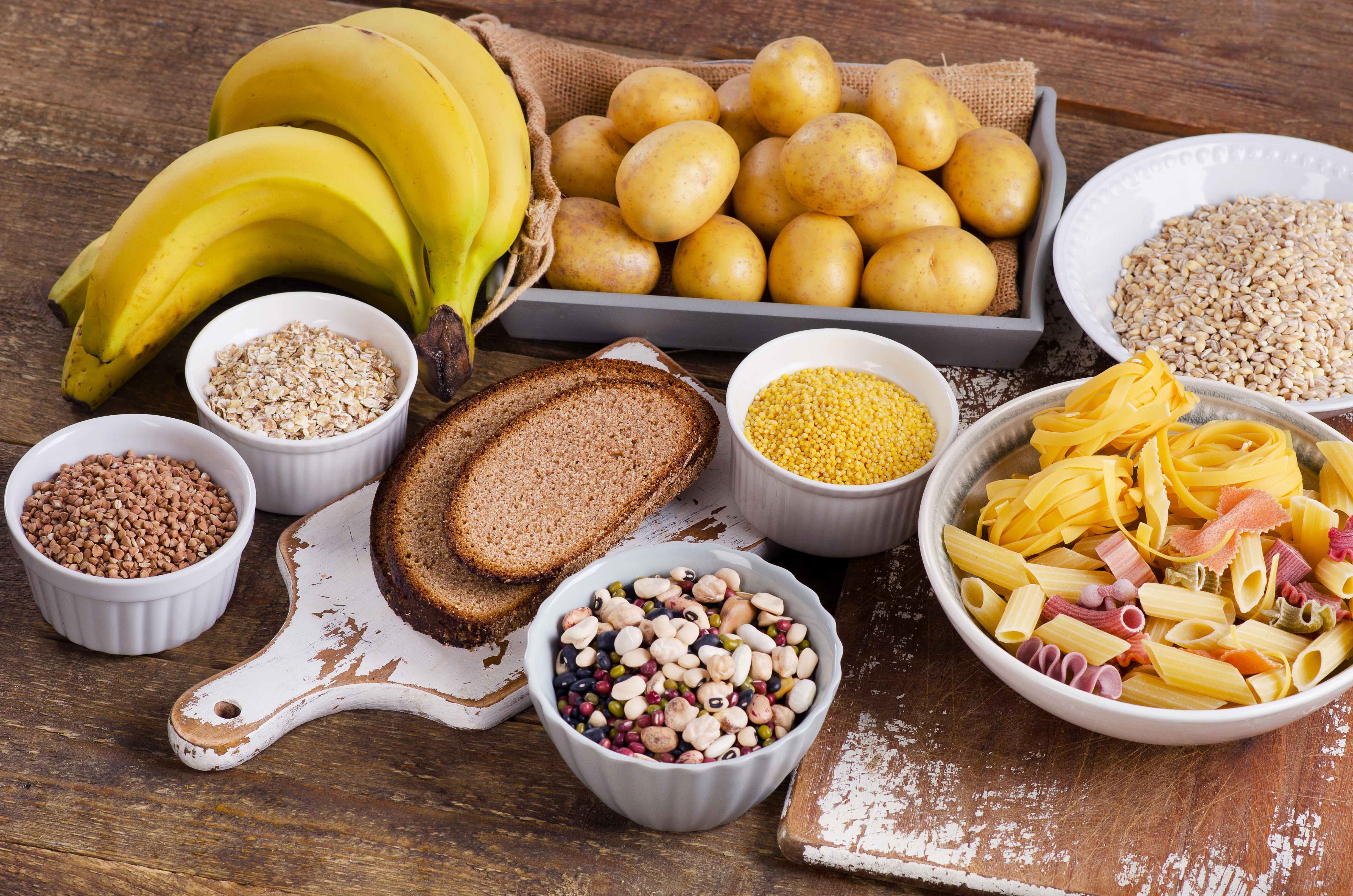
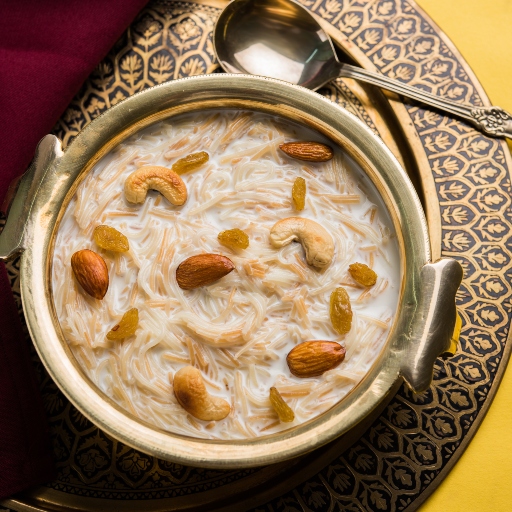






This website is my inhalation, very fantastic pattern and Perfect content.
Thank you for the sensible critique. Me and my neighbor were just preparing to do some research on this.
We got a grab a book from our area library but I think I learned more clear from
this post. I am very glad to see such magnificent information being shared freely out there.
Good response in return of this query with real arguments and
telling the whole thing about that.
Great blog here! Also your web site loads up very fast!
What web host are you using? Can I get your affiliate link to your host?
I wish my web site loaded up as fast as yours lol
My family always say that I am wasting my time here at
web, however I know I am getting know-how every day by reading thes good articles or reviews.
It’s very effortless to find out any matter on web as compared to books,
as I found this paragraph at this web page.
Greetings from Ohio! I’m bored at work so I decided to browse your site on my iphone during lunch
break. I really like the info you provide here and can’t wait to take a look when I get home.
I’m shocked at how fast your blog loaded on my mobile ..
I’m not even using WIFI, just 3G .. Anyhow, awesome blog!
Hello, you used to write magnificent, but the last few posts have been kinda boring?
I miss your great writings. Past several posts are just a little out of track!
come on!
Hi there, I log on to your blogs daily. Your writing style is witty, keep doing what you’re doing!
Hi there! I’m at work surfing around your blog from my new iphone!
Just wanted to say I love reading through your blog and look forward to
all your posts! Carry on the superb work!
Very handful of internet sites that happen to become comprehensive below, from our point of view are undoubtedly effectively worth checking out.
One of our guests just lately encouraged the following website.
The time to read or pay a visit to the subject material or internet sites we have linked to beneath.
Hello to all, how is everything, I think every one is getting more from this web page, and your views are good designed for new users.|
Like!! I blog frequently and I really thank you for your content. The article has truly peaked my interest.